News & Commentary
At the Polls, Episode 1: What to Expect on Election Day 2020
We usually know what to expect on any given presidential Election Day. After all, they happen every four years. But this is the first election in our lifetime to occur during a global pandemic, and there have already been significant changes to the electoral process as more voters plan to mail in their ballots than ever before. How will that change our quintessential American tradition of watching the results roll in on election night?
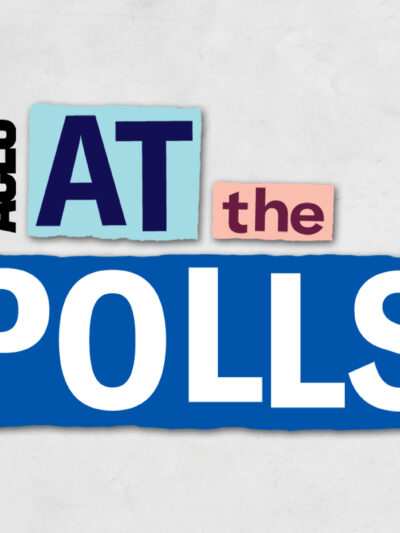
Election Season is Here. Are You Ready to Vote?
Make your plan to vote, starting with your state’s vote by mail options: aclu.org/voter.
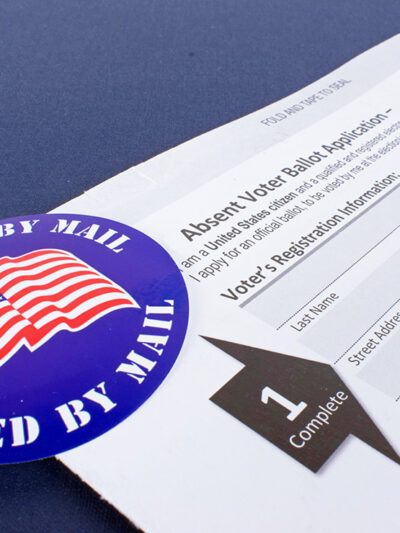
100 Years and Counting: The Fight for Women’s Suffrage Continues
The Nineteenth Amendment did not enfranchise all women equally. Today, many women continue to face barriers to the franchise, including women of color, trans women, and women with disabilities.
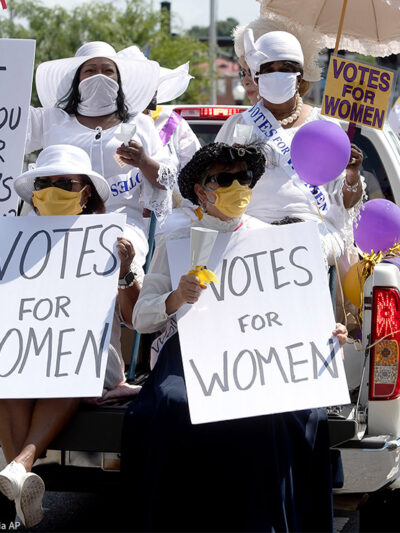
Votes for Women — and Everyone — Now!
It’s wonderful to celebrate the 19th Amendment’s centennial, but it’s not enough. We need to finish the job of the voting rights activists who fought for both the 15th and 19th Amendments.
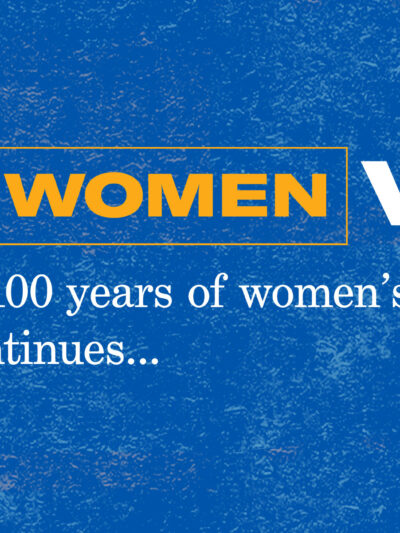
The Black Women Behind the Ongoing Fight for Suffrage
The 19th Amendment inked women’s suffrage into American history, a culminating moment in an effort to win political power. But as the 100th anniversary of its ratification fast approaches, it’s essential to reflect on who the 19th Amendment excluded in practice if not on paper, and what the popular historical record of this movement leaves out.
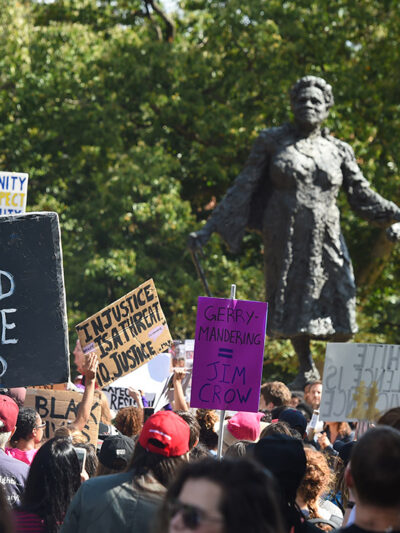
Miami Heat's Duncan Robinson for ACLU of Florida
Miami Heat's Duncan Robinson wants you to vote like your rights depend on it!

Let Me Vote: My Voting Rights as a Blind Man are the Same as Everybody Else’s
There's still work to be done to make sure the right to vote applies to everyone, including people with disabilities.
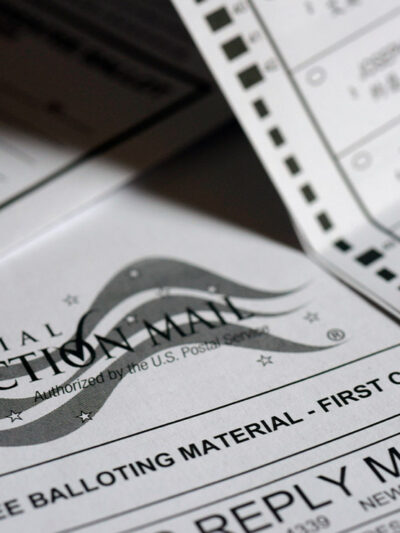
Lives are at Stake. Will Congress Act?
Four key actions the Senate can take to protect marginalized communities and the most vulnerable people in the United States.
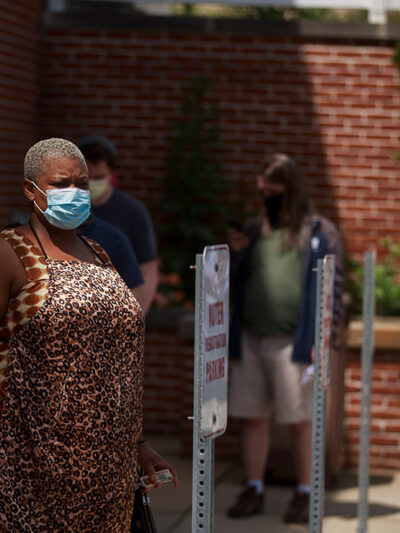
Voting by Mail is Essential for Voters with Disabilities, but it’s Not Enough
COVID-19 highlighted the need for universal access to no-excuse vote by mail. For many voters with disabilities, vote by mail has always been the safest and most accessible way to cast a ballot, because it allows them to avoid the challenges of getting to the polls, waiting in line, and facing physical barriers at the polling place. While in-person polling places are required to be fully accessible, we still see violations such as lack of ramps or elevators, voting machines not properly set up, and facilities without adequate signage indicating accessible routes or parking.
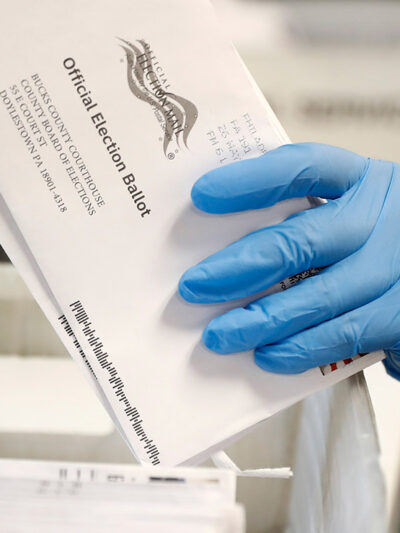
Stay Informed
Sign up to be the first to hear about how to take action.
By completing this form, I agree to receive occasional emails per the terms of the ACLU’s privacy statement.
By completing this form, I agree to receive occasional emails per the terms of the ACLU’s privacy statement.
